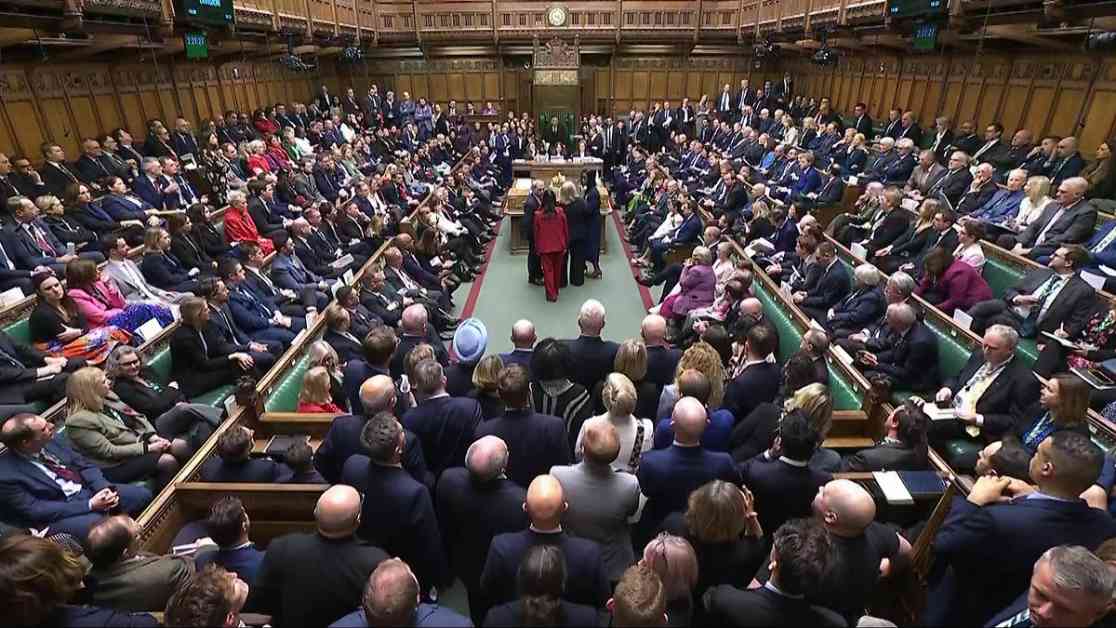At least 36 Members of Parliament who previously voted in favor of assisted dying legislation are now indicating that they may reconsider their position in the future, according to a recent analysis. The bill, which would allow terminally ill adults with a life expectancy of six months or less in England and Wales to seek assistance to end their lives, passed in the Commons by a margin of 55 votes. However, the analysis of statements made by MPs following the vote reveals that many parliamentarians have expressed that their support may be contingent on further scrutiny of the bill.
The proposed legislation stipulates that a terminally ill adult must receive approval from two doctors and a High Court judge before being able to seek assistance in ending their life. As the bill progresses to the committee stage, MPs will have the opportunity to examine the details of the plan and suggest any necessary amendments. Labour MP Kim Leadbeater, the bill’s proposer, acknowledges that there is still much work to be done and that adjustments may be made as part of the process.
During the debate on Friday, some MPs raised concerns and indicated that their support hinged on the implementation of additional safeguards or modifications to certain aspects of the bill. For instance, Sir David Davis, a supporter of the bill, expressed apprehension regarding a clause that appeared to imply doctors could recommend assisted dying as a treatment option for their patients. Meanwhile, Luke Pollard, the Armed Forces Minister, called for further safeguards in a letter to Leadbeater despite voting in favor of the bill. Labour MP Andrew Ranger emphasized the importance of addressing potential issues and concerns during the upcoming stages of the bill’s progression in order to make an informed decision.
Lib Dem MP Marie Goldman, who voted in favor of the legislation, emphasized that her support was not a definitive endorsement of the bill’s final version. Similarly, Andrew George MP expressed a broad inclination towards assisted dying but maintained that further evaluation was necessary before reaching a final decision. He emphasized the importance of thoroughly examining the law and the clinical judgments involved in its implementation. Concerns have also been raised by the Association for Palliative Medicine, warning that funding required for overseeing assisted dying could divert resources away from end-of-life care for the terminally ill.
Labour MP Diane Abbott echoed these concerns, emphasizing the importance of ensuring access to hospice care and comprehensive end-of-life support for vulnerable individuals. As the bill progresses through subsequent stages of scrutiny and potential amendments, the voices of MPs who previously supported the legislation may evolve based on the evolving discussions and considerations surrounding assisted dying legislation.












